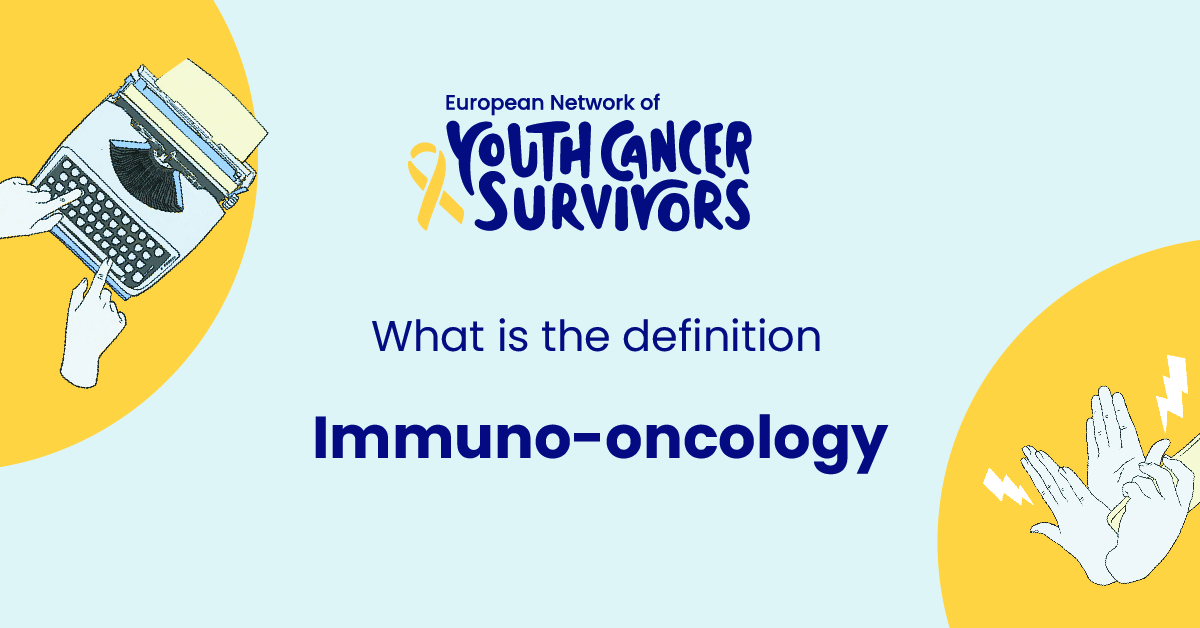
Immunology and oncology, two distinct scientific disciplines, join forces in a promising field of research known as Immuno-oncology. In its essence, Immuno-oncology is revolutionary, challenging the age-old concept about how our bodies fight cancer. It’s an intriguing domain that repurposes the body’s natural defenses, turning it into a formidable weapon against cancerous cells. This article will provide a comprehensive overview of Immuno-oncology, it’s comparison with traditional cancer treatments, its innovative approach, and potential future directions.
The World Before Immuno-oncology
Compilation of Cancer Facts
As per the World Health Organization, Cancer holds the second place in leading causes of death globally, accounting for an estimated 9.6 million deaths in 2018. Moreover, nearly one in six deaths is due to cancer. These alarming statistics clearly underline the major scale of the disease and why it is a primary focus of healthcare and research worldwide.
Traditional Cancer Treatments: An Overview
Historically, the three most common methods of treating cancer have been surgery, radiation therapy, and chemotherapy. Each of these treatments comes with its own set of challenges, including limited effectiveness, debilitating side effects, and high chances of relapse.
Previous Limitations in Cancer Treatments
While these traditional treatments have been effective in localized tumors, they have shown less effectivity in metastatic cancers. Additionally, they often lead to severe physiological and psychological side-effects which further diminish the patients’ quality of life.
Unveiling the Definition of Immuno-oncology
Understanding the Term
The core idea of Immuno-oncology is ingeniously simple: instead of attacking the tumor directly, why not empower the immune system itself to recognize and destroy cancer cells?
The Science Behind Immuno-oncology
The human body’s natural defense, the immune system, has the ability to distinguish self-cells and non-self cells. This capacity is leveraged in immuno-oncology to train the immune system to recognize the cancer cells and trigger an immune response towards it.
Differentiating Immuno-oncology from Other Cancer Treatments
Unlike traditional approaches, immuno-oncology doesn’t directly target cancer cells but empowers the body’s own immune system to do so. This distinctive quality primarily offers two advantages: fewer side effects and a potentially longer-lasting response.
Key Components of Immuno-oncology
Immune System Response in Cancer
The role of the immune system is central in immuno-oncology. When working properly, the immune system identifies and attacks threats like bacteria, viruses, and cancer cells. However, cancer cells have found cunning ways to evade detection. Immuno-oncology seeks to unmask these cells and equip the immune system to effectively counter them.
Role of Checkpoint Inhibitors
Key players in this field are immune checkpoint inhibitors. They work by blocking cancer cells’ ability to trick the immune system into thinking they are healthy cells. This unveils the true nature of cancer cells, making them targets for a triggered immune response.
Importance of Tumor Immunogenicity
The degree to which a tumor can spur an immune response is its Immunogenicity. More immunogenic tumors are better detected by the immune system and hence, respond better to immuno-oncology treatments.
Get to know us better
If you are reading this, you are in the right place – we do not care who you are and what you do, press the button and follow discussions live

Potential Benefits of Immuno-oncology
Personalized Treatment Approach
One apparent advantage of Immuno-oncology is its ability to provide a personalized treatment approach. As cancer is highly individual, treatments can be tailored to a patient’s unique immune response, potentially leading to better outcomes.
Effects on Patient Survival Rates
A growing body of evidence suggests that immuno-oncology treatments can significantly improve patient survival rates. Some patients with advanced cancers have shown unprecedented long-term survival benefits.
The Chances of Lowering Side Effects
As compared to traditional therapies, Immuno-oncology treatments can significantly reduce side effects due to their targeted approach. They can leave healthy cells unharmed, leading to lesser toxicity and side effects.
Current Uses and Clinical Trials in Immuno-oncology
Review of current FDA approved Immuno-oncology drugs
Several immuno-oncology therapies, such as Pembrolizumab, Nivolumab, and Ipilimumab have received FDA approval for various types of cancer. These therapies have shown notable success in improving survival rates and reducing side effects.
An Insight into Current Clinical Trials and Their Potential
Many other promising therapies are under different stages of clinical trials. Therapeutic cancer vaccines, for example, are under scrutiny and could potentially revolutionize cancer treatment by treating or even preventing cancer at its very onset.
Ground-breaking Findings in Immuno-oncology
Recent years have witnessed ground-breaking findings in immuno-oncology, including the discovery of new immune checkpoint inhibitors and cellular immune therapies. It’s an exciting time for immuno-oncology, with continuous advancements offering hope for millions battling cancer globally.
Future Directions for Immuno-oncology
Challenges in Immuno-oncology
Despite the potential of immuno-oncology, significant challenges still remain. These include understanding why some patients respond to treatment while others don’t, and managing immune-related side effects produced by some therapies.
Future Research and Development Opportunities
Immuno-oncology represents a vast frontier for research and development. With the promise of preventative cancer vaccines to genetically engineered T cells, it inspires hope for significantly improved cancer treatments and patient outcomes in the future.
Conclusion
Immuno-oncology is without a doubt a remarkable stride in cancer treatments. It has redefined traditional norms by leveraging the body’s own immune system in this fight. While challenges persist, ever-evolving research brings us a step closer to turning cancer into a manageable ordeal, if not curable yet.
FAQs
- What is the core idea behind immuno-oncology?
The core idea behind immuno-oncology is to harness the body’s immune system, train it to recognize cancer cells, and subsequently stimulate an effective immune response to destroy these cells.
- How is immuno-oncology different from traditional cancer therapies?
Traditional cancer treatments target cancer cells directly to destroy them while immuno-oncology encourages the body’s immune system to do the job, enabling a long-term, effective response with potentially lesser side effects.
- What are some of the key benefits of immuno-oncology treatments?
Key benefits could include a personalized treatment approach, improved survival rates, and potentially lower side effects compared to traditional treatments.
- Are there any side effects or risks associated with immuno-oncology therapies?
While immuno-oncology therapies have shown fewer side effects than traditional treatments, potential risks include triggering an overactive immune response, leading to inflammation or auto-immune diseases.
- What are the existing immuno-oncology treatments and what’s on the horizon?
Several drugs, including Pembrolizumab and Nivolumab, have received FDA approval. Future directions include research into therapeutic cancer vaccines and genetically engineered T cells.

















Comments
Thank you. Comment sent for approval.
Something is wrong, try again later